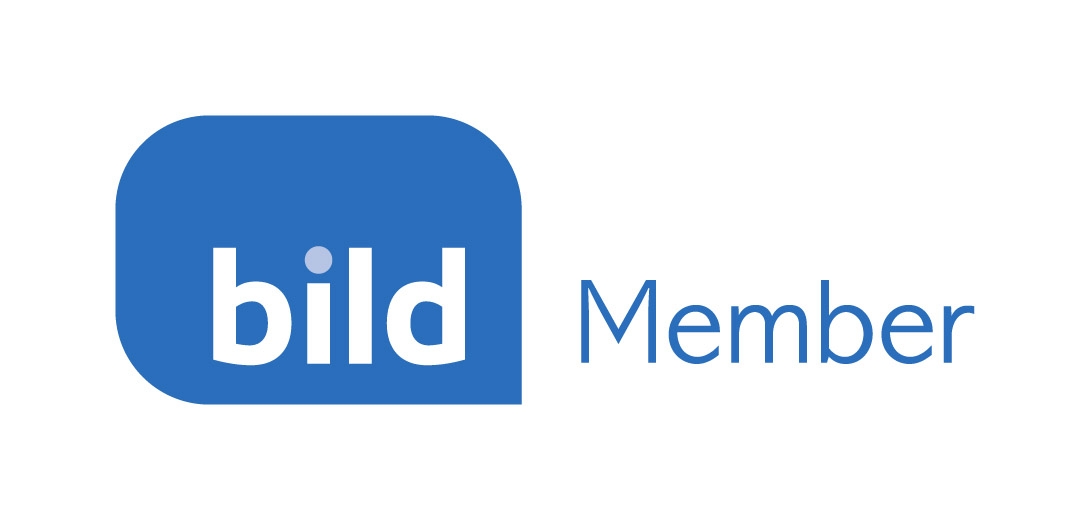Recruitment FAQs
- What kind of experience and qualifications do I need to become a Support Worker?
There are no minimum experience or qualification requirements for these roles. We are chiefly looking for the right personal values that are aligned with Centre 404’s own values and mission. Individual attributes and the right attitude are what we focus on, including empathy, flexibility, patience, passion and enthusiasm for empowering people with learning disabilities and helping enable independence and choice though a person centred approach.
- How do I apply? What does the process look like?
In order to apply for a role at Centre 404, you simply need to submit your up to date CV along with a cover statement addressing why you are interested in the role and what you would bring to the post in terms of your knowledge, skills and experience. Referring to the person specification and explaining how you meet the criteria will serve as a helpful structure for your statement. Please submit to recruitment@centre404.org.uk.
Support Worker roles are advertised on a rolling basis so there is no set deadline, and we shortlist every week. So if you are successful, you’ll hear back soon and be invited for a 1st stage interview, which is followed by a 2nd interview where you get to meet service users and familiarize yourself with the environment you might work in. For all other roles, the deadline, shortlisting and interview dates are set by the hiring managers so these may vary, but we aim to get back to successful candidates as quickly as possible!
- Do you provide any training?
Yes, lots of it! We are dedicated to equipping our staff with all the right information and support they need to excel in their roles. As a Support Worker, your first weeks in post will involve shadowing shifts and training to make sure you feel confident and capable. After your induction period, there is also ongoing refresher training provided throughout your employment to support your development and encourage you to expand on your existing knowledge and skillset.
- What different types of Support Worker roles do you have?
A wide variety so plenty to get involved in! You can find an overview here.
- Which services could I work in as a Support Worker?
Our 2 largest services are Housing Related Support and Learning & Leisure. Housing provides supported living services, including our own projects where we offer 24/7 support to tenants, as well as Outreach and Floating support services where clients live on their own or with their families and receive support as needed throughout the week. In addition to providing day to day support, these services include a range of activities out in the community and in line with the individual needs and goals of the people we support.
Our Learning & Leisure service provides support through fun and engaging group and one-to-one activities for children, young adults and adults. These include a day service, after school clubs for children, play schemes, a very popular Friday Night Disco and much more! There is also a Finding & Matching project offering individual support to people living on their own or with their families.
The ethos behind both services is to offer support that is empowering, person-centred, promoting choice and integration, as well as reducing isolation.
- What kind of contracts and hours do you offer?
We have a variety of different hours, shifts and contracts available depending on the specific service and project you work in, but this will also depend on your own availability. Full time and part time opportunities are available, as well as flexible bank (zero hours) work. We are committed to providing a comprehensive service that places the people we support at the heart of the work we do and this is reflected in the range of hours we cover – including mornings, evenings, weekends and holidays. For example as a full time Support Worker in a supported living project, your shifts may include a combination of 8am-3pm and 3pm-10pm throughout the week.
- What is the difference between a permanent role and bank work?
Bank work (zero-hours) are great if you are looking for flexibility and are unable commit to set hours each week, but would like to take on shifts when available and suitable. There are no contracted hours involved and you are able to refuse a shift if it conflicts with your availability.
In contrast, permanent roles involve regular, contracted hours that you commit to working weekly. These can be full time (37 hours) or part time. If you are unsure as to whether or not you can guarantee working full time, you can start off on a part-time contract and increase your hours later on.
- Will I be assigned to support just one client?
This depends on the project and service you work in. In our supported housing projects, most likely, you would be assigned to support one service user and come to the same place / project each shift. However, within our Outreach and / or Learning & Leisure services, you most likely would be supporting different service users throughout your shifts, e.g. two or three different clients in one shift, or supporting one client on one shift and another client on your next shift.
- Will I get my work rota in advance?
Yes. Ideally, we would try to issue it one month in advance, but inevitably there may be some changes throughout and delays occur such as staff or service user changes causing unforeseen circumstances, which may result in having a confirmed rota 1 or 2 weeks in advance. This can also vary service to service, dependent on service users’ individual needs.












